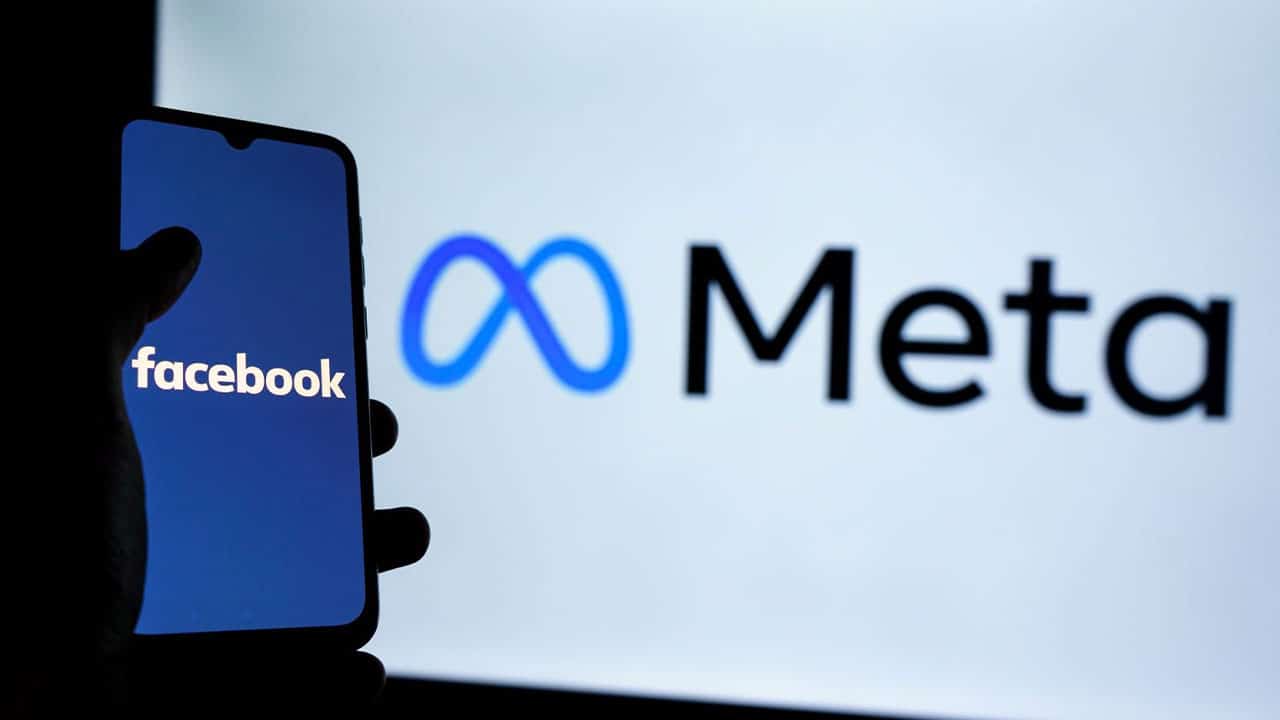Meta’s independent Oversight Board urged the company to revise its broad ban on the Arabic word “shaheed,” which translates to “martyr” in English.
After a year-long review, the board found Meta’s current policy to be overly restrictive, silencing millions of users.
The board, funded by Meta but operating autonomously, recommends keeping “shaheed” posts only if they directly promote violence or violate existing Meta content guidelines.
This decision follows mounting criticism, particularly regarding Meta’s handling of content related to the Middle East.
A 2021 study commissioned by Meta itself revealed a negative impact on the free expression rights of Palestinians and Arabic users.
Criticism further intensified during the 2021 Israel-Hamas conflict, with accusations of content censorship on Facebook and Instagram.
The oversight board’s report highlights Meta’s failure to consider the various meanings of “shaheed,” leading to the removal of harmless content.
Co-chair Helle Thorning-Schmidt argues that Meta’s heavy reliance on censorship might unintentionally marginalise entire communities without effectively improving safety.
Currently, Meta removes any post containing “shaheed” if it mentions someone on their “dangerous organisations” list. This includes Islamist groups, drug cartels, white supremacist organisations, and Hamas.
Meta sought the board’s guidance after failing to reach an internal consensus on revising the policy in 2020. The board noted that “shaheed” was the most frequently removed term across Meta platforms.
A Meta spokesperson confirmed they would review the recommendations and respond within 60 days.







